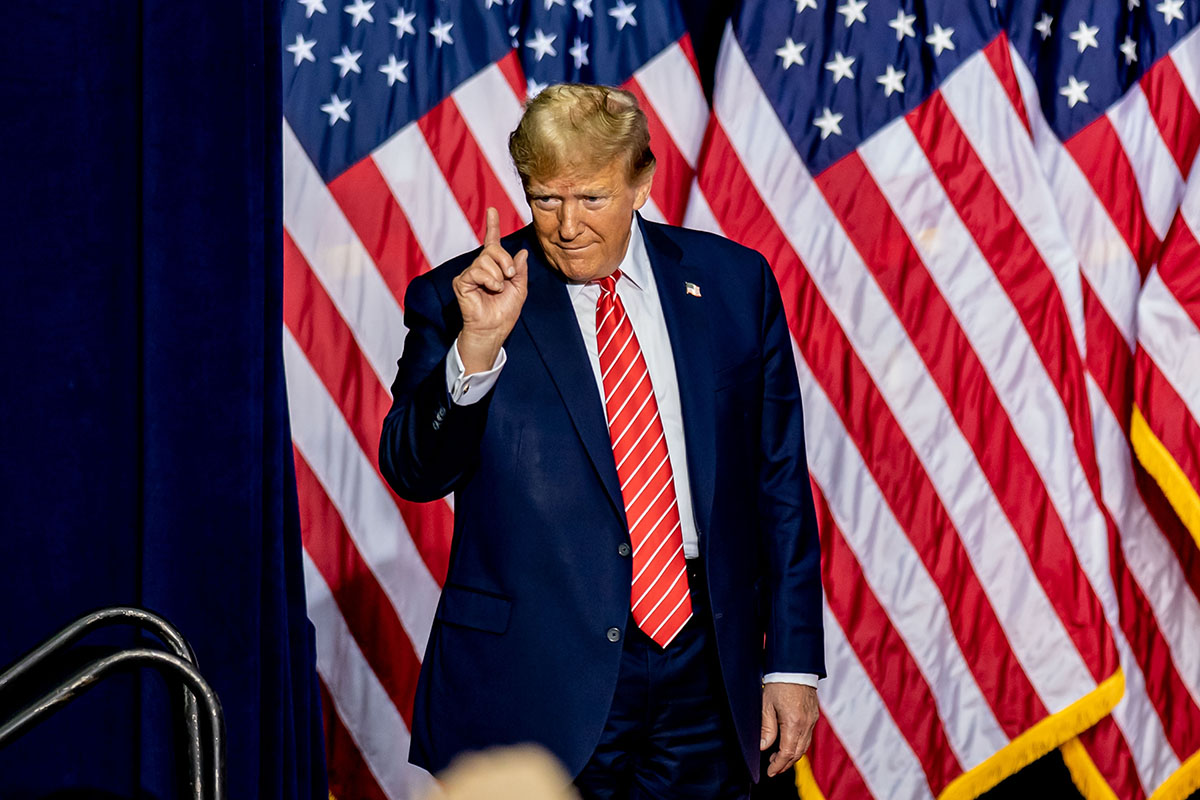From Arctic to Canal – The Geopolitical Goldmine Trump Wants to Claim
January 14by Faseeh Abbas
Recently, incoming President of the United States Donald Trump expressed interest in the idea of annexing Canada, Greenland, and Panama, citing their strategic importance to his country. But wait a minute. What? Canada, Greenland, and Panama? What is even special about them? The notion of annexing sovereign countries and territories is politically and diplomatically fraught, but it underscores these regions’ critical roles in U.S. economic and national security. Let’s examine why these areas might attract such bold claims.
Canada: A Critical Partner in Trade and Defense
1. Economic Integration and Energy Independence
Canada is the United States’ largest trading partner, with over $700 billion in bilateral trade annually. Its vast reserves of crude oil, natural gas, and other raw materials make Canada an essential player in securing U.S. energy independence. Annexing Canada, as Trump suggested, would theoretically grant the U.S. direct control over these resources and reduce dependency on foreign energy sources.
2. Arctic Sovereignty and Climate Change
As climate change melts the Arctic ice cap, new shipping routes and untapped resources come into view. The fact that Canada lays claim to large swaths of the Arctic makes it strategic. Trump’s interest in annexation may reflect a strategy for bolstering U.S. influence on this resource-rich and geopolitically contested region as Russia and China extend their own Arctic ambitions.
Greenland: A Geopolitical and Resource Goldmine
1. Strategic Military Gains
Greenland, a constituent country of Denmark, has been for long an important strategic interest to the United States of America. Thule Air Base in Greenland remains a vital military base for advanced missile detection and space surveillance and tracking potential adversaries from Russia. Trump’s attempt to buy Greenland was based on its military interests, and by annexation, the United States would be well-settled at the top rung of Arctic supremacy.
2. Bounty of Natural Resource
Greenland is a source of rare earth minerals, something that is being used for futuristic technologies such as renewable energy sources, semiconductors, and military armaments. Increasing global competition on these resources might once again pique Trump’s interest, given China’s apparent intent to hold a monopoly of the rare earth market.
3. Arctic Maritime Trade Routes on the Rise
As the ice caps melt, Greenland’s proximity to newly opening Arctic trade routes gives it enormous geopolitical value. The annexation of Greenland would give the U.S. more control over these critical shipping lanes, enhancing its influence in global trade and ensuring its economic security.
Panama: The Lifeline of Global Maritime Trade
1. Strategic Importance of the Panama Canal
The Panama Canal is one of the world’s most important maritime chokepoints, connecting the Atlantic and Pacific Oceans. The canal allows for the easy passing of goods, with approximately 70% of the traffic being tied to the United States. Annexing Panama would allow the U.S. direct control over that chokepoint by ensuring the unimpeded flow of trade and reducing reliance on a foreign entity.
2. Energy Exports and Economic Interests
The canal plays a vital role in the United States’ energy exports, mainly liquified natural gas, to Asia and other global markets. Control over the canal would mean that the United States will transport energy products securely and efficiently, furthering its position as a super exporter of energy products.
3. Geopolitical Stability
Panama has been a focus of U.S. foreign policy, especially during the construction and operation of the canal. Trump’s annexation comment is likely due to the rising influence of China in the region, as China has invested much in Panama’s infrastructure and trade sectors. Annexation would mean direct control over Panama, giving the U.S. more leverage to counter Chinese ambitions in Latin America.
Annexation: A Controversial Proposal with Deep Implications
Though annexing Canada, Greenland, and Panama sounds quite brazen for a president of the United States, this gives a strategy to each: one provides economic integration, security over the Arctic region, and natural resources; another provides military and resource base facilities within the Arctic Circle; and the third one offers strategic dominance of one of the most important routes for world trade.
However, there are grave sovereign, international law, and global diplomatic questions this would raise concerning annexation, and it can be expected the international community from friends to family will oppose it doing so heavily, and jeopardize U.S. relations across the border lines.
Overall, Trump’s idea underscores the realization of the geostrategic value of Canada, Greenland, and Panama for the United States. Although annexation is a prospect that remains highly unlikely and disputed, the benefits of establishing such close relationships are undeniable in promoting U.S. global power and security.






